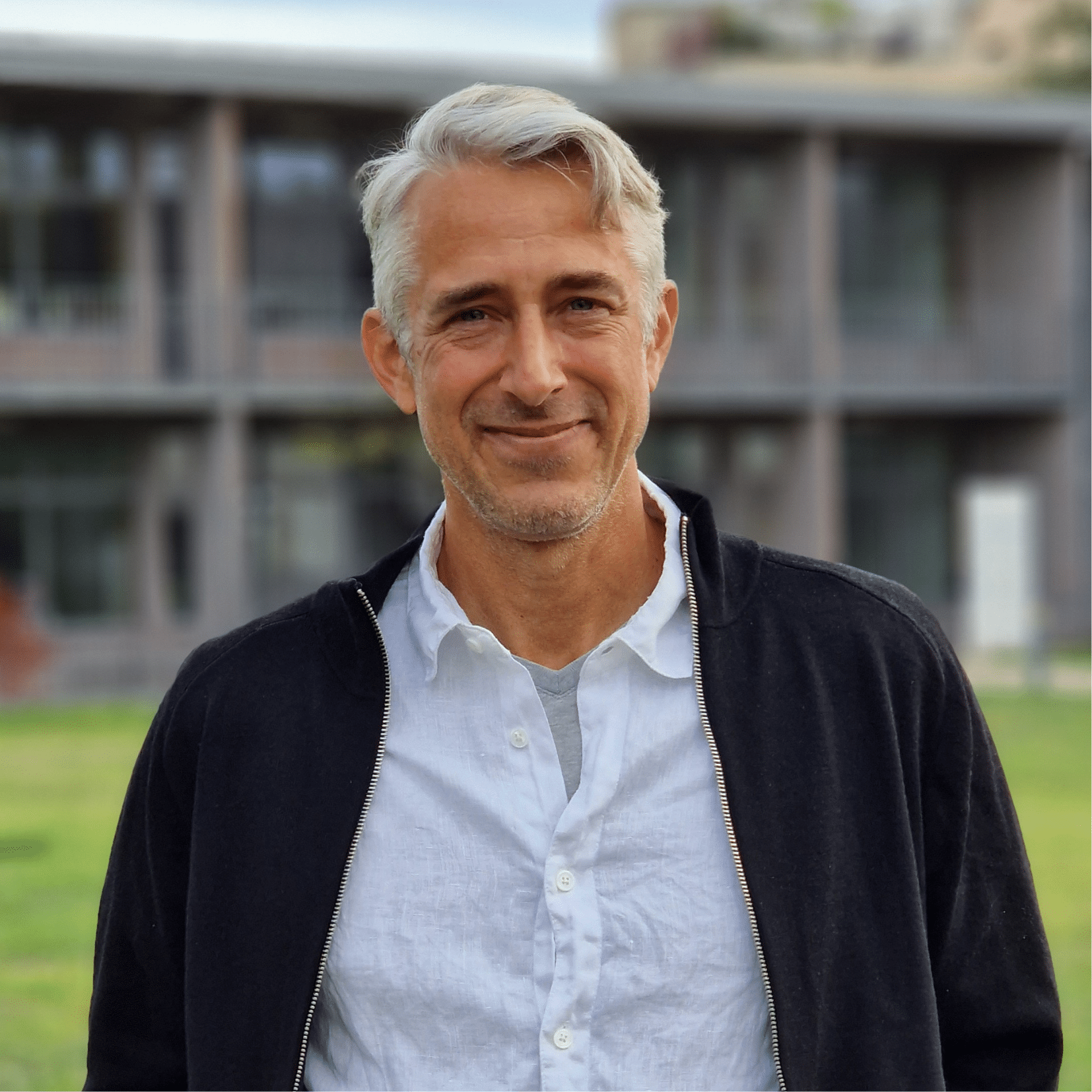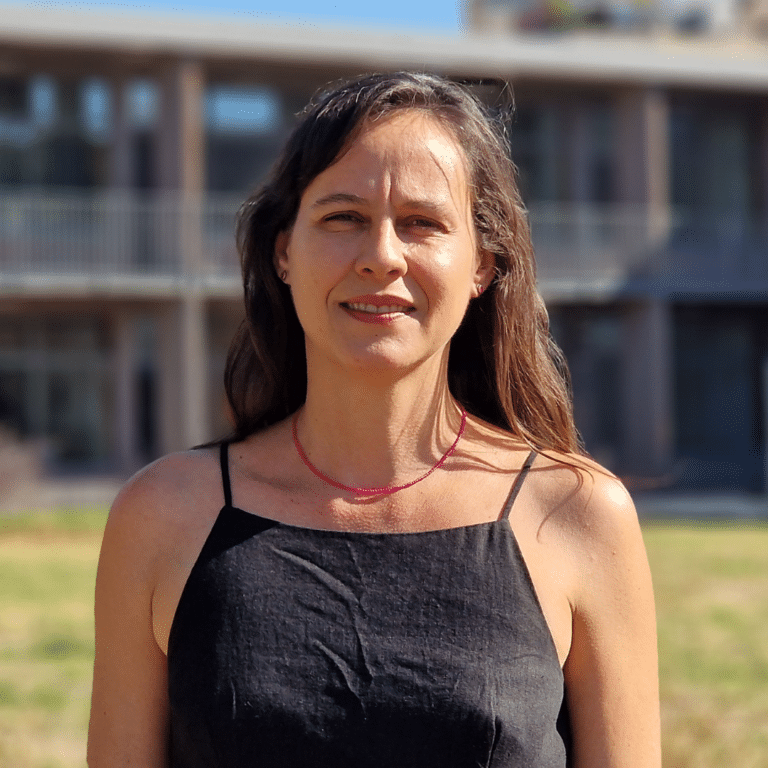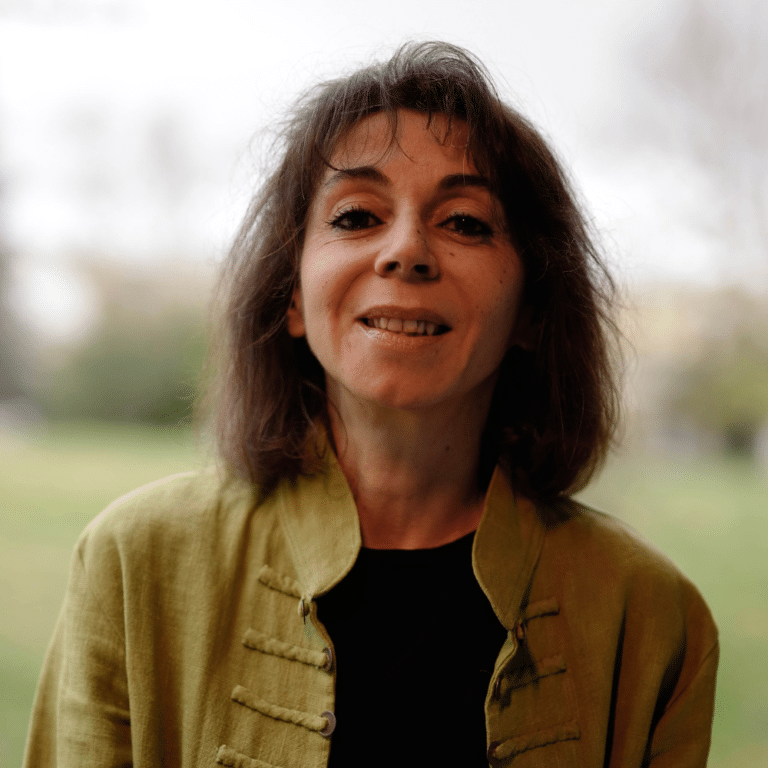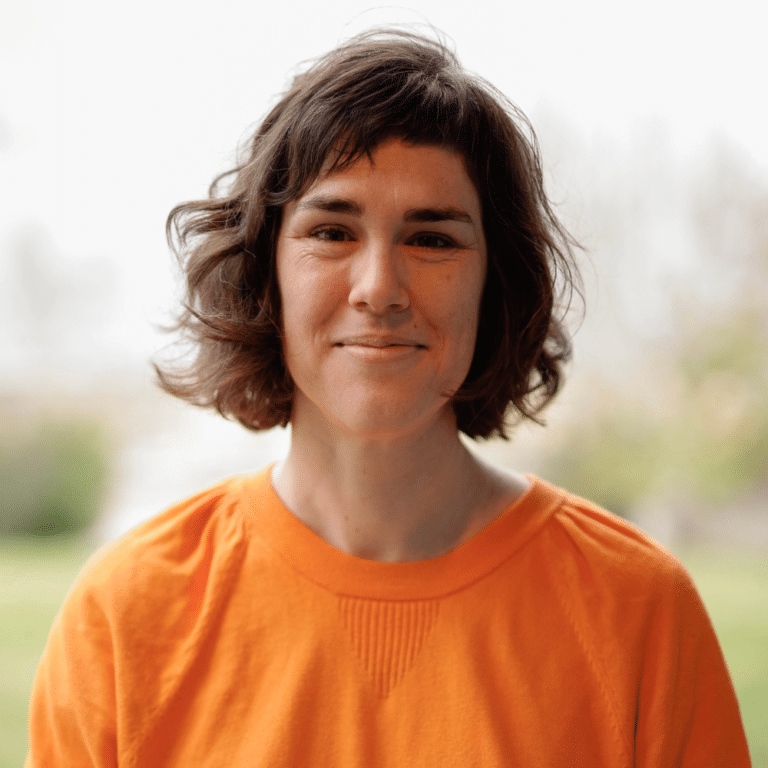
Credit: Andonian Timothée / Iméra
Gerard Sasges
Research project
Sodexo and the necessary utopia: capitalist sustainability, planetary management, and the future of the world
Summary of the research project
The research project can be divided in three parts: Utopia’s Origins, Global Utopias, and Future Utopias. Each part follows the threads of capitalism, globalization, and science and technology through a different phase of Sodexo’s growth from the 1960s and into the planet’s future.
The first part, Utopia’s Origins, focuses on the two decades following Sodexo’s foundation in 1966. It documents Sodexo’s early and ongoing relationship with the French state, from its first contracts with the Commissariat à l’énergie atomique de Pierrelatte and the Centre national d’études spatiales in Guiana through to the institution of the “ticket restaurant” (Bellon et al., 2006). It explores its early overseas expansion along what Sasges calls “post-Imperial trans-Imperial networks” that saw operations extended not just to current or former French overseas possessions, but also to the former possessions of other empires.
A topic of particular importance for Sasges’ research is the ideological origins of Sodexo’s utopias and their emphasis on sustainability, equity, and human development. Many studies on corporate social responsibility (CSR) situate its origins in the 1990s and highlight the way it often serves more as a marketing and public relations than as a tool for meaningful change indigenous (Berghoff & Rome, 2017; Bowen, 2014; Kenis & Lievens, 2015; Malecki, 2014; Pompe & Korthals, 2010; Prudham, 2009). Sodexo’s history complicates this account.
The second part, Global Utopias, explores the period of Sodexo’s global expansion beginning in the 1990s and stretching into the 2000s. Geopolitically, Sodexo’s growth reflects major political shifts like the Single European Act, the end of the Cold War, and the adoption of market reforms in China. At the same time, these new geo-political-economic realities were part of the development of new capitalist forms captured in various aspects by terms such as “neoliberalism,” “post-industrial,” and the “service economy.” After 1985, Sodexo responded rapidly to these changes, expanding into markets in the UK, Eastern Europe and Russia, North and South America, and Asia.
A topic of particular interest for Sasges is the implications of Sodexo’s utopias for the creation of a global working class. As one of the largest employers in the world, with a uniquely global workforce, Sodexo plays a crucial role in shaping the realities of employment around the world.
The third part, Future Utopias, explores the implications of Sodexo’s utopias for the planet. Sodexo is recognized as a leader in sustainability. For more than a decade it has worked with organizations like the World Wildlife Federation (WWF) and the Science Based Targets initiative (SBTi) to set and implement major reductions to its environmental impact. At the same time, Sodexo is a leader in gender equity, with women making up 60 percent of its Board of Directors and 40 percent of its senior managers (Derven, 2014). Thanks to its control of what people eat and how they work, it has a remarkable potential to effect real shifts in everyday behavior and through them, to drive environmental and social change (Harris, 2019). Once again, technology plays a central role. The ubiquity of Sodexo’s payment apps in markets like the Philippines and India, its Bite app that syncs with your Fitbit, and its investment in the Chinese AI and surveillance startup Aeye-Go all point to the way Sodexo is creating ecosystems that extend far beyond the cafeteria and the workplace. Yet as the “capitalist sustainability” in this project’s title suggests, such interventions and technologies may be more about the short-term sustainability of capitalism than the long-term sustainability of human life on the planet.
Biography
Gerard Sasges is a historian of technology, development, and the environment, with a focus on Vietnam from 1900 to the present. His research uses non-Western histories of technology to reshape our understanding of development under capitalist and socialist regimes and its relationship to the environment and to lived experience.



